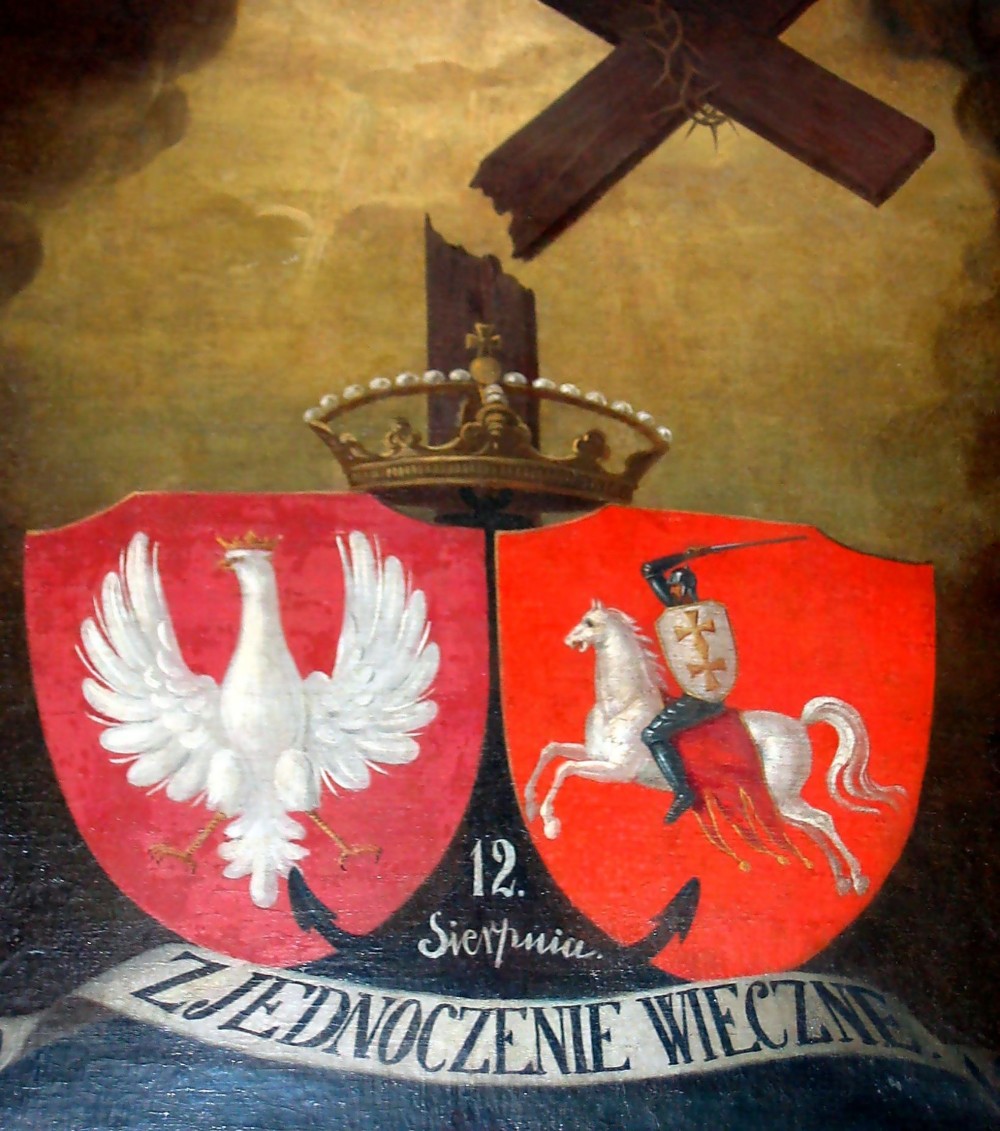
This paper concerns the construction of the image of Polish-Lithuanian power in the context of religious polemics at the turn of the 16th — 17th centuries. Debates between Orthodox and Uniate Christians in the Polish-Lithuanian Commonwealth generated polemical texts which were created in the context of Orthodoxy’s struggle for rights and freedoms. In the 19th and 20th centuries, polemical literature as an historical source was viewed through the prism of a national project or through a preexisting national narrative. When researching the relationship between Ukraine and Russia, historians found evidence in the polemical writing of the 17th century to justify oppression, explain distinctive culture, and account for national struggle. Contemporary historiography, however, offers new angles through which to view these texts, through the lens of intellectual history and memory studies. In this vein the historical worldview of a 17th century person becomes especially interesting. At the center of our study are the views of Orthodox polemicists, who represent the “Ruthenian” populace in the Polish-Lithuanian Commonwealth, concerning the history of the rule of Lithuanian princes and Polish kings. The acceptance of the Union of Brest caused greater interest and reflection in this population to “one’s own” past, legal situation, loyalty to the king; as a result, the image of Polish and Lithuanian rulers became more complicated. Aiming to legalize Orthodoxy, church leaders actualized historical images of princes and kings, presenting them as givers and guarantors of the rights and freedoms of Rus. Fighters for Orthodoxy were not repulsed by the fact that the king was Catholic; rather, they agitated for equality between the Greek and Roman faiths. We find justification for this equality given through an appeal to a glorious past, to the history of the annexation of Rus’ lands to Lithuania, the Union of Lublin, and the granting of privileges by the Polish king.
Source: Yulia A. Chupryna (2021) The Polish-Lithuanian Power and Orthodox Rus as Portrayed in the Works of Polemicists at the end of the 16th – first third of the 17th centuries. Bylye Gody. 16(4): 1583-1593
Source web-site: https://bg.cherkasgu.press/journals_n/1639130371.pdf
Number of views: 2720